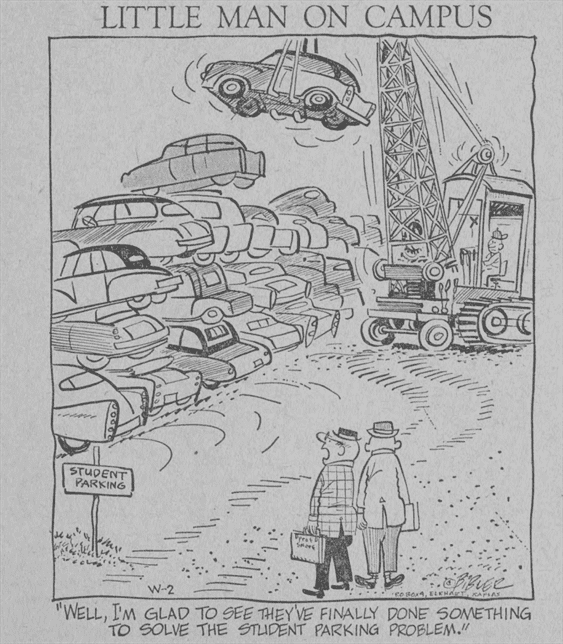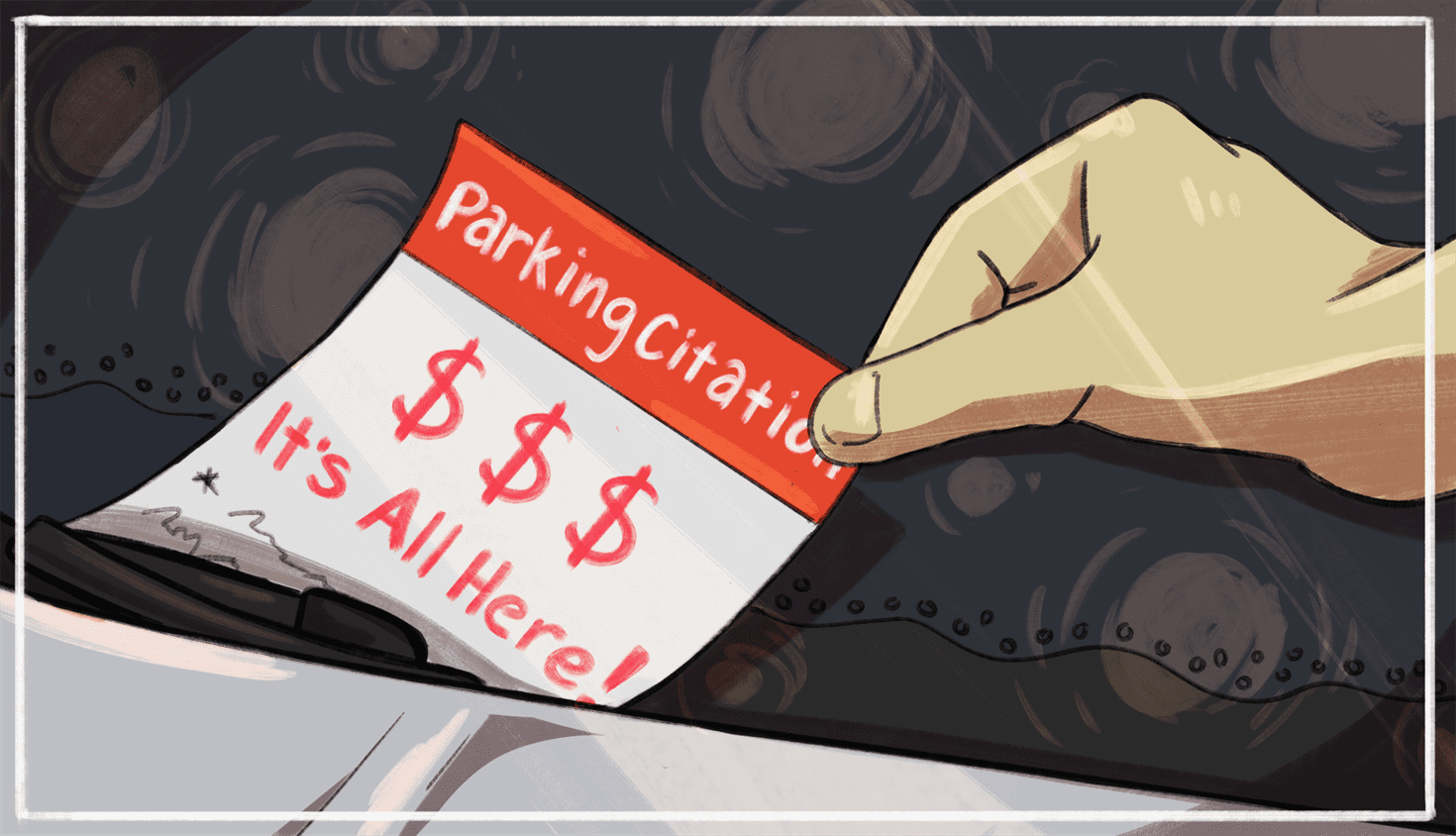Back in September of last year, The Montclarion published an editorial regarding the egregious state of the parking situation on campus. We are unhappy to report that not only has it not improved since then, but it has also arguably been made worse in light of recent developments.
Over the last three years, Montclair State University has made over $1 million off of parking tickets alone, mainly from ticketing students who did, in fact, pay for parking permits. All of this money conveniently goes right back into the Parking Services budget.
Apparently, this astounding sum doesn’t cover the theoretical cost of much-needed security cameras in CarParc Diem. This issue has been raised by students many times, especially in the wake of the parking ticket uproar. For the most popular commuter lot on campus, all CarParc Diem has to offer in terms of safety is a speedometer, and that’s hardly a preventative measure.
The public response to this news was immediate and outraged, as it well should be. Any institution making so much off of punitive measures, or “educating to control the inventory of spaces,” deserves to be critiqued accordingly. Besides, parking tickets clearly do not work as a deterrent, since many people admit to knowing they shouldn’t park in a spot but do so anyway out of immediate need.
Parking lots at Montclair State are allocated for certain groups, such as commuters, visitors, residents and faculty, but some of the geographical groupings simply don’t make sense. CarParc Diem, the largest commuter-only parking option, is infamously located directly across from a large section of residence halls.

A cartoon from a 1960 issue of the Montclarion proves not much has changed over 6 decades. Digital Commons | The Montclarion
What’s more, the issue of parking at Montclair State has haunted the school for over 60 years. The March 23,1960 edition of The Montclarion features a cartoon of a crane stacking cars on top of each other as two men look on, saying, “Well, I’m glad to see they’ve finally done something to solve the student parking problem.” At this rate, students might actually be pleased by that solution; at least it would show some degree of effort or concern on the school’s behalf.
Later that same year, in the Nov. 23, 1960 edition, a satirical column lists the qualifications, trials and potential neuroses of the typical Montclair State commuter, back when the commuter lots were first built. As columnist Patrick Clark puts it, “Some students run up fines that could pay for their tuition.” Sound familiar?
It would be funny if these were simply archival relics, but they’re both still shockingly relevant. For some perspective, Montclair State has been struggling with student parking for longer than it took to build the Great Pyramid of Giza.
During former Montclair State President Susan A. Cole’s 23-year tenure, the university’s enrollment grew from 12,000 to 21,000, fueling a tremendous spike in campus population growth as well as campus infrastructure and program offerings. CarParc Diem and the Red Hawk Deck were built during this time to accommodate the increased student population.
One thing, though, is immediately clear: college is not getting more affordable. In the late 1960s, when Montclair State was building a reputation as an affordable, quality commuter college, tuition was a whopping $75 per semester. That’s not far off from the current average parking citation.
Nowadays, a semester of in-state tuition will set you back $6,161.70, not including fees, and out-of-state students pay over $4,000 more.
Gone are the days of funding your college education with the cash from your cushy summer job at the convenience store, a luxury which no doubt many of the older generations feel grateful for today. So why does the general consensus amongst those same people seem to be that college students have money to throw around? Why isn’t the only community-oriented option for paying off parking citations continued year-round if this isn’t somehow about making a profit?
Montclair State students already pay for parking permits, which some might argue is ridiculous in and of itself. The true absurdity lies in what the parking permit doesn’t guarantee. With no semblance of security and no real sense of change in sight, it would seem The Montclarion will be writing about the parking situation on campus for many more happy years to come.



